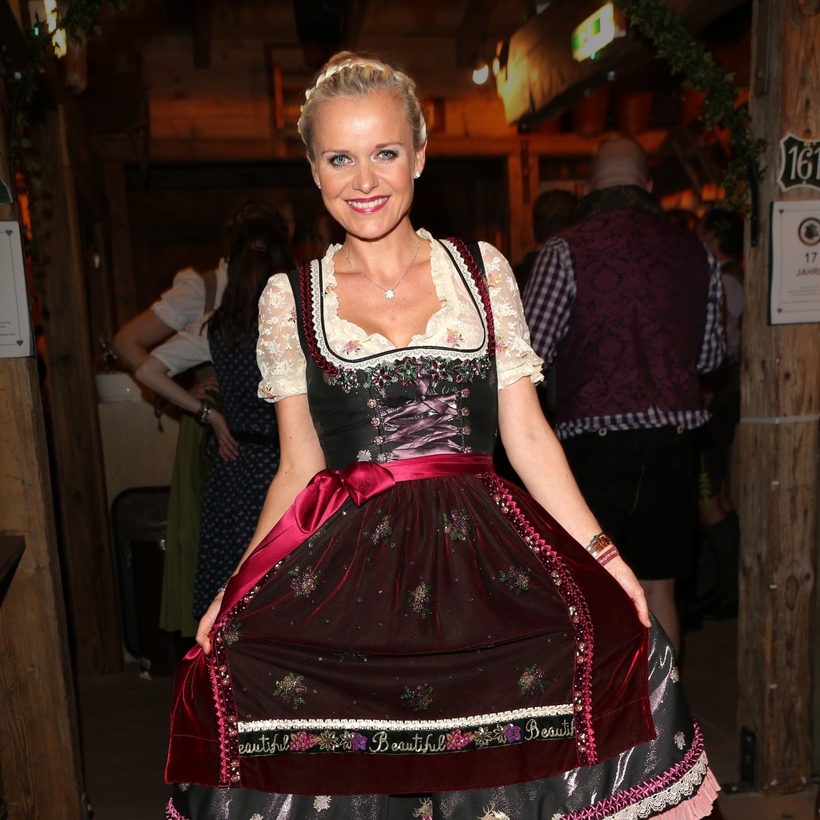When most people think of German manufacturing, chances are, they picture engineers in white lab coats designing the latest Mercedes motor—not doctors, also in lab coats, brewing skin creams and face masks so sublime you want to eke them out, drop by precious drop.
But Germany is suddenly, perplexingly, at the epicenter of the skin-care business, with Leipzig, Dusseldorf, and Munich now vying with Paris and Seoul as a hub of excellence. Three German brands—Gezeiten, Bynacht, and Auteur—have recently launched in the U.S. to great enthusiasm. Dr. Barbara Sturm, Professor Augustinus Bader, you have company.



